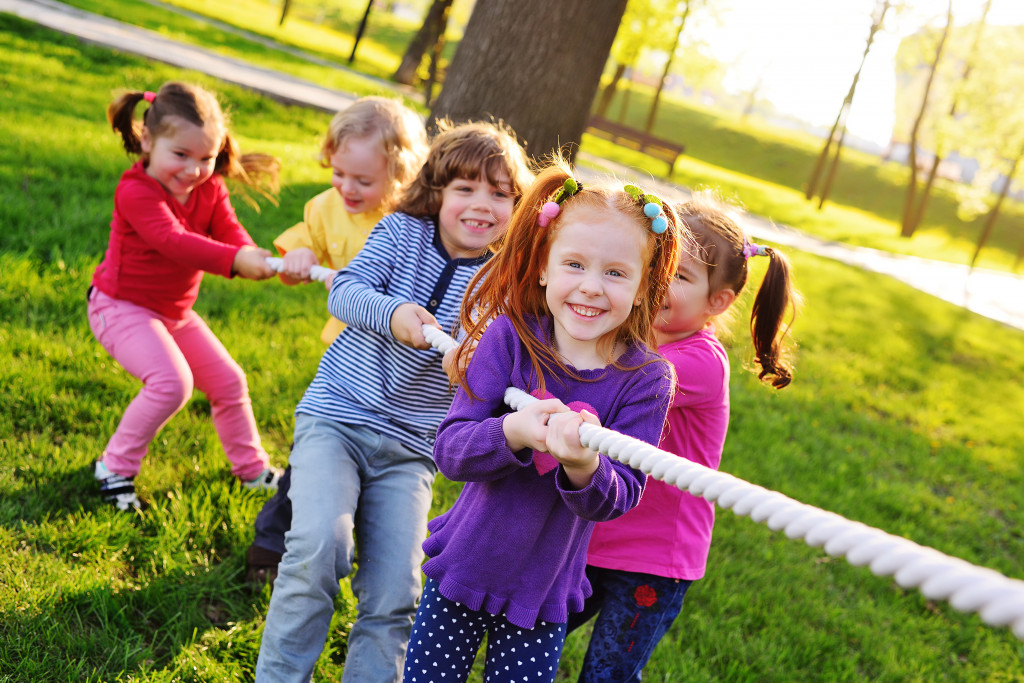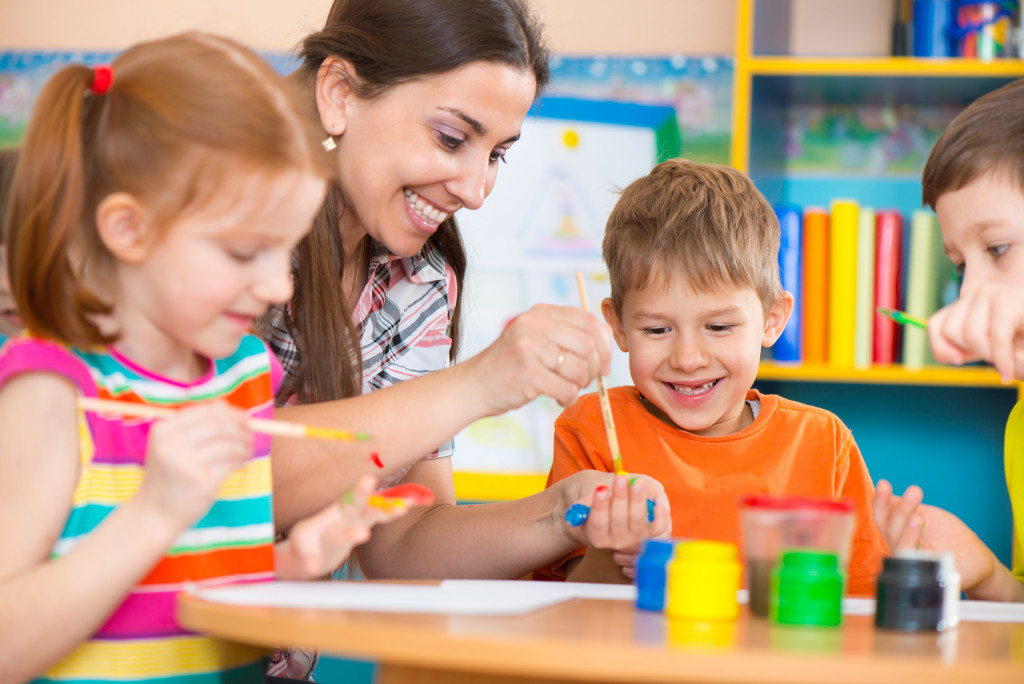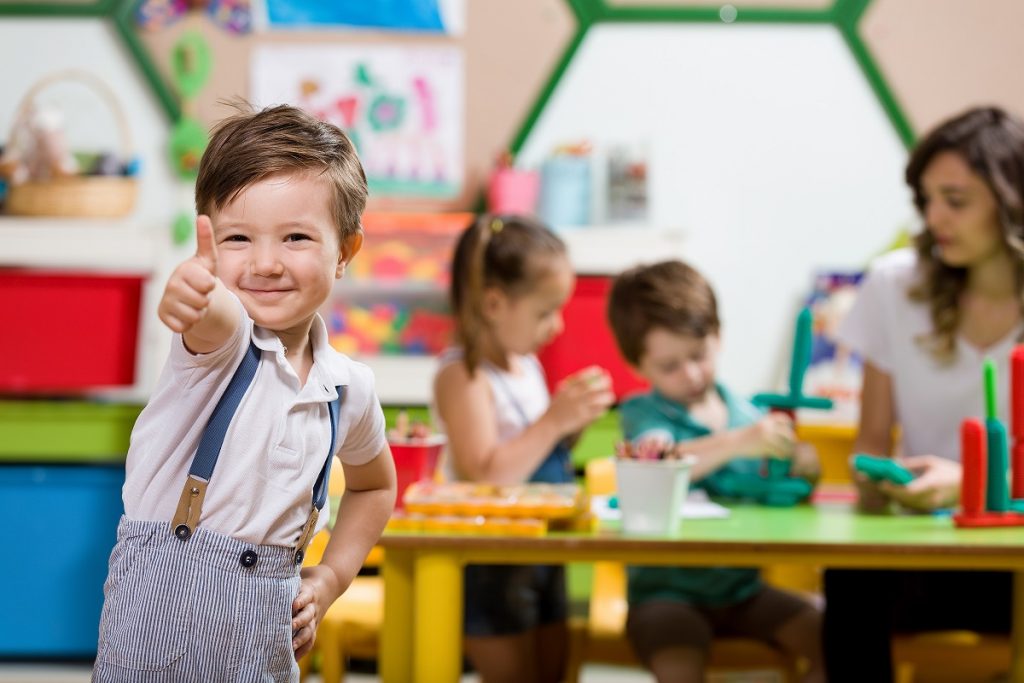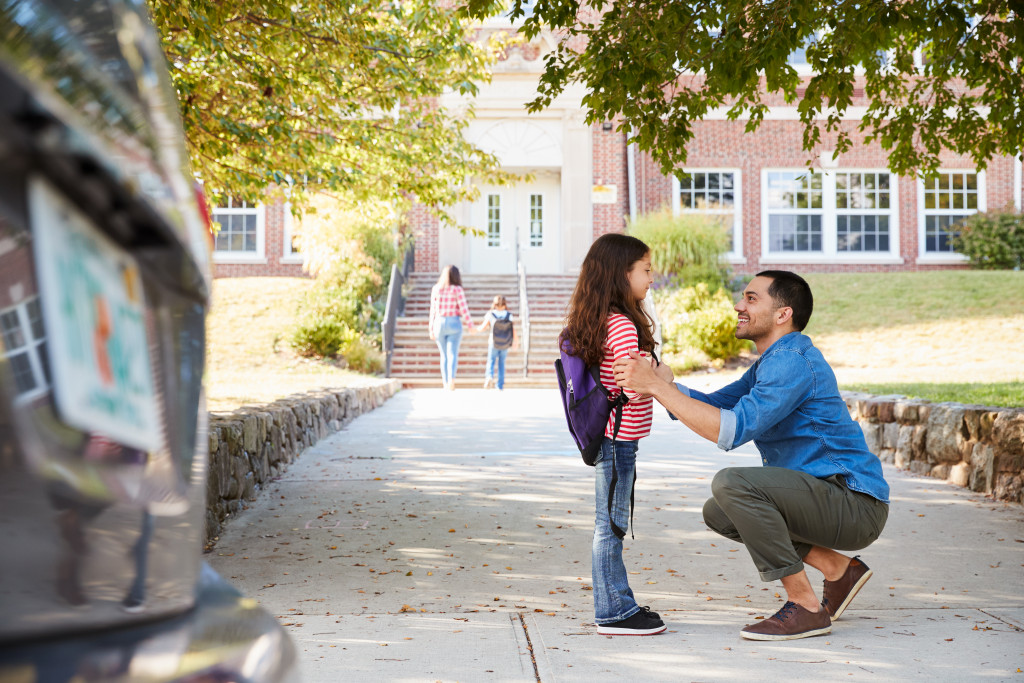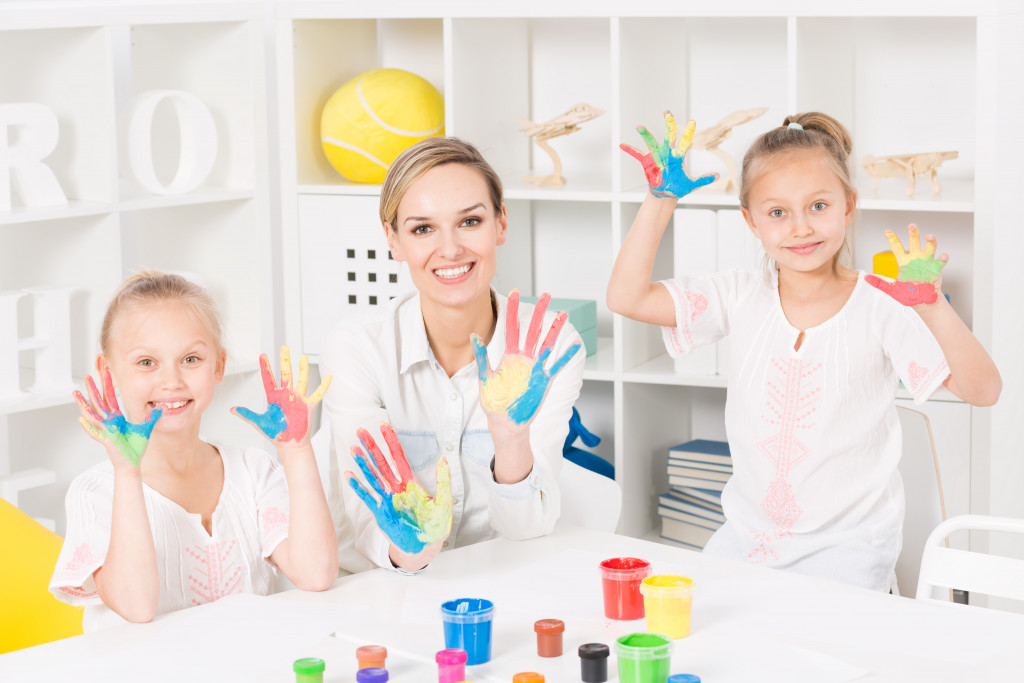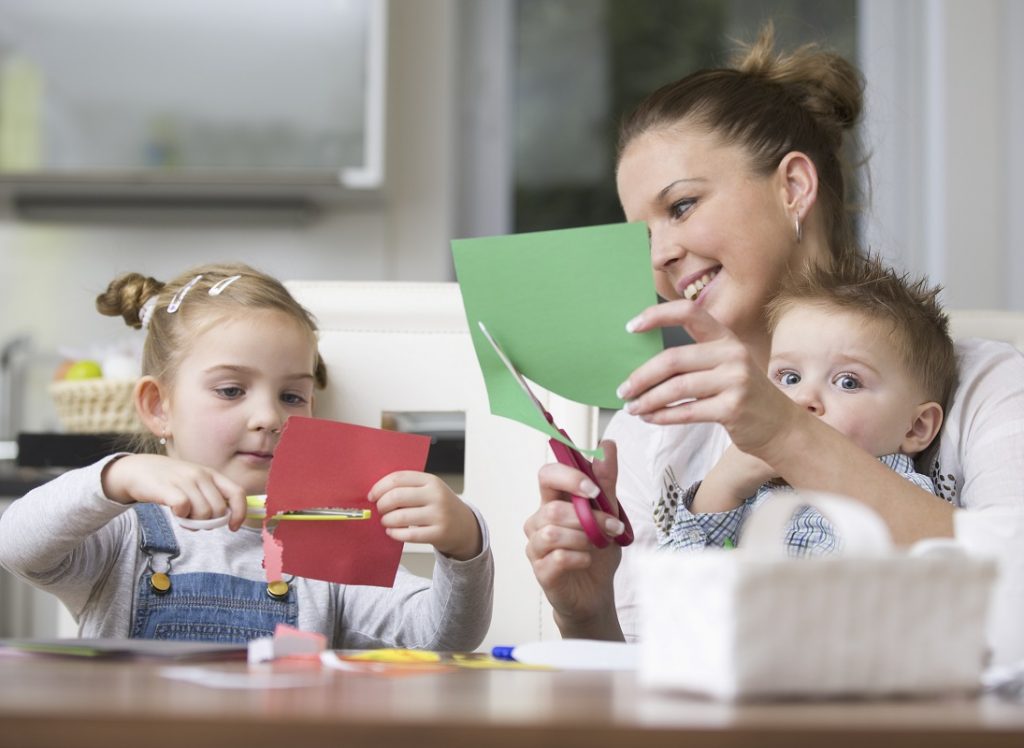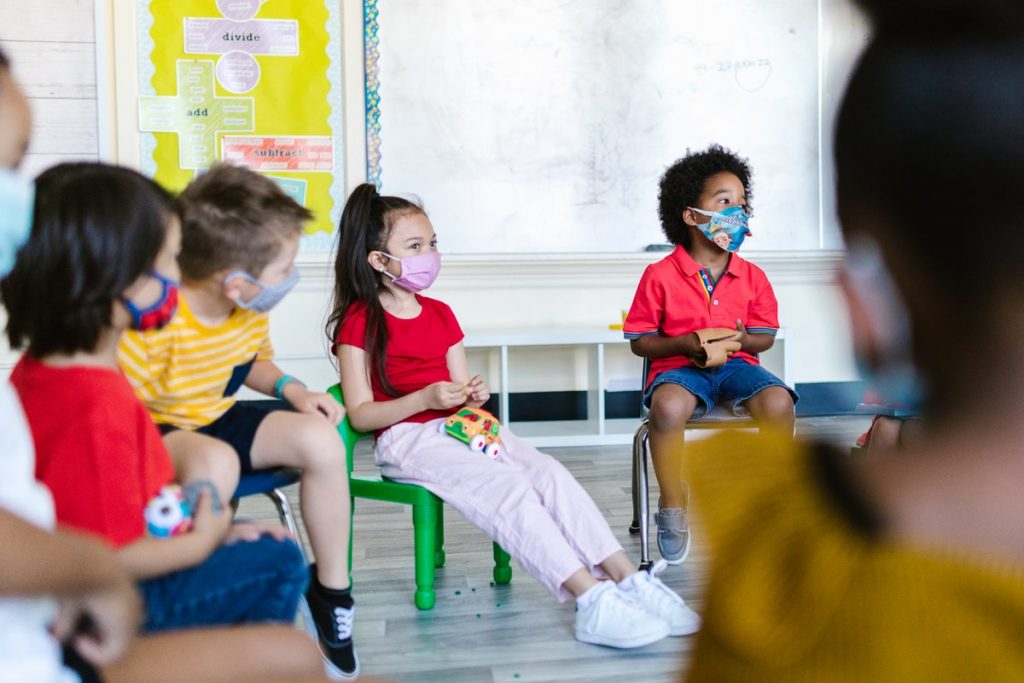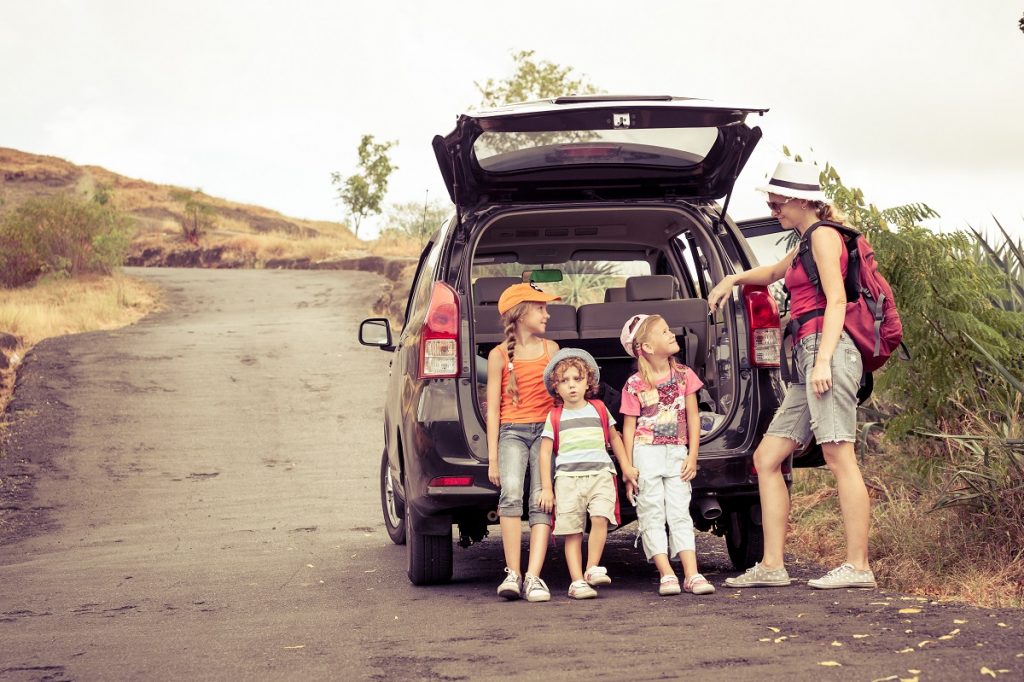Hands-on learning enhances independence and critical thinking, with STEM activities promoting logical thinking and problem-solving. Creative activities like arts and crafts, music and theatre, and cooking stimulate self-expression and practical skills. Outdoor activities, from summer programs to wildlife watching, foster environmental awareness, social skills, and community service. Incorporating diverse hands-on activities in children’s education plans […]
Child Development
Hobbies, particularly music classes, foster children’s personal growth, creativity, and cognitive enhancement. Engaging in hobbies reduces stress, fosters a sense of accomplishment, and bolsters overall mental well-being. Exploring diverse hobbies helps children discover their passions and develops essential life skills like discipline and resilience. Music classes improve children’s brain development, language skills, and emotional expression
Teaching children how to write is essential to their educational journey, equipping them with vital communication and self-expression skills. However, recent studies reveal a concerning statistic: only 1 out of 3 children genuinely enjoy writing. This poses a significant concern for educators and parents alike, highlighting the need to address the underlying factors affecting children’s
Education contributes to a child’s future, personal growth, economic prospects, and societal progress. Setting up an educational budget is crucial for managing tuition, supplies, and future expenses. Investigating educational programs (Private Schools, Charter High Schools, Homeschooling, and Boarding Schools) helps tailor the child’s learning experience. Parents’ presence in academic progress supports successful education; staying informed is vital.
Choosing the right school for your child is a crucial decision shaping their educational experience and social interactions. When choosing a school, consider curriculum, school environment, location/transportation, and cultural fit. Take time to research schools and visit different campuses to get a feel for the environment. Talk to your child about their preferences and needs
Encouraging artistic confidence in children is vital for their development, teaching them essential life skills like communication and problem-solving. Parents can create a supportive environment for creative expression by providing the necessary art supplies and focusing on the process. To cultivate artistic confidence, nurture children to explore various art forms, ask open-ended questions, and celebrate
Cognitive milestones of children can start in toddlerhood and develop further with professional childcare services. Kindergarten programs typically begin around 5-6, focusing on foundational skills such as literacy and numeracy. Consider individual readiness when determining the right time to start schooling, including social, emotional, and cognitive development. Early intervention is essential for special needs or developmental delays,
Psychosocialdevelopment is a theory outlining eight emotional and social growth stages from infancy to adulthood. Parents need to understand that trust, initiative, industry, and identity are crucial stages of psychosocialgrowth. Parents can facilitate their pychosocialgrowth by enrolling children in the right school and encouraging them to explore their interests. Understanding these stages can help you guide
Provide a safe and nurturing environment for your child’s creative expression. Let them explore their surroundings using various senses to stimulate creativity. Ask open-ended questions to stimulate creative thinking and deep conversation. Engage in imaginative play with various props, toys, and games to spark their creativity. Read age-appropriate stories with your child to engage their imagination.
Encourage children to develop social and communication skills early on. Create opportunities for your child to socialize, including enrolling them in summer camp. Model empathy and foster active listening to teaching children how to communicate appropriately. Teach empathy by modeling it, as well as reading books about emotions. Practice gratitude and kindness to help children understand the feelings of

